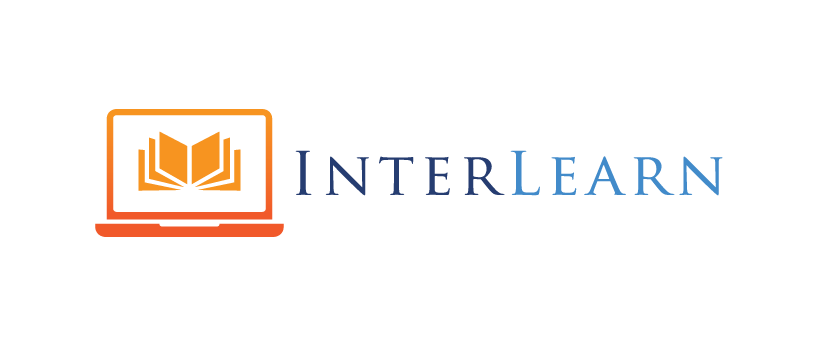Years ago (almost 30 years now), I wrote a paper and did a presentation which formed the basis for my dissertation research. In it, I referred to an article by Judith Boettcher in which she talked about Star Trek: The Next Generation’s Holodeck. She mused that it could be the goal of education for the future.
Clearly, we’re not quite there yet.
However, with the advent of generative Artificial Intelligence (AI), we’re closer than we ever have been. Whether it is generated narrative text, synthesized video and audio, the analysis power of AI, or one of the millions of other things AI is able to do, we as educators need to be processing the ways that AI can be used for the classroom in ethical manners. While I am personally writing this article, information processing is SO often generated by AI these days. I could have just asked ChatGPT to generate this article and it would have obliged within about 15 seconds.
Three categories in which AI could be applied are: The industry updating tools with AI to personalize the experience, Faculty using AI to personalize and enhance feedback, the student using AI for skills development and field-based understanding.
Industry Updates
From nearly every angle, I’m hearing that the industry is in process of being drastically enhanced and updated. From the internet format, to browser models, to Learning Management System (LMS) updates, everything is in the works. I see the day where the LMS interacts for the faculty on the discussion area and allows for an iterative, nearly synchronous discussion on the topic, allowing for a discussion to feel more “natural” for the student. It could even be engaged with an Avatar that hones in on the student’s preferences (learning styles, interactive methods, language and dialect, etc.). It will also be able to grade assignments for the faculty.
Right now, InterLearn has partnered with a group to provide Enhanced Book Services for students that will customize the student processing experience for textbooks through the use of AI and machine learning. InterLearn will be able to provide better textbooks, across borders, implemented within the LMS that customize to the student’s learning styles and preferences so they can learn more effectively.
Instead of prescribed curriculum, I can see that individualized learning with a constructivist base will be the means of preparation. Since it will be heutagogically driven, it will be about the student’s desire to learn the material, not an external focus.
Faculty Personalization
Let’s face it. There are some great faculty out there. . .and then there are some not so great faculty. Some of those faculty provide deep and meaningful learning experiences to students, giving them feedback and instruction that helps them grow as an individual and helps prepare them for their intended field. However, even in the best of experiences, a great faculty member’s ability to invest deeply in every student is simply limited by their time. So, if the busy work of teaching could be reduced allowing the faculty member to mentor and develop students more readily, personalizing the learning for the student, that would be so much better. There will still be limits to the faculty time, but it will raise the bar for creating the feedback systems on discussion and assignments giving the maximal time to more important items in the development process of students. It will give space for the individual mentoring of students.
Students Use of AI
Because of the improvements in technology and faculty development, education can be more student centered through application of AI features. Whether it is heutagogy-driven models or simply students engaging in their own lifelong learning process, AI tools will allow students to learn more effectively.
Yes, there is the potential for great misuse on the part of the student. Students can use AI to generate their papers and submitted work. That is an issue. However, part of our role as educators is to teach them to effectively and ethically use AI to prepare themselves for the field. AI WILL BE a part of their career in some form or fashion. I’ve been saying it since I understood (on even a limited basis), and I’ve heard field leaders say the same thing: AI is a bigger disruption than even the internet was. If you’re having trouble understanding the impact AI, think about that last statement and how much the internet has changed the world.
I still remember having a couple of “school computers” or having only ONE computer in the computer lab at school that had a hard drive (that had a key to unlock it so students could NOT use the hard drive). Then I remember when I first heard about email and the internet. Now I can’t imagine doing (or simply can’t do) my work without them. AI will get to be that pervasive.
How will you harness AI in your education practice?
For additional reading on AI in Education:
ClanEd. (2024). The role of AI in personalized learning. Retrieved 6/17/24 from https://claned.com/the-role-of-ai-in-personalized-learning/
Djelal, S. (2023). Embracing AI for personalized learning in higher education: A new frontier. Retrieved 6/17/24 from https://www.linkedin.com/pulse/embracing-ai-personalized-learning-higher-education-new-djelal-erkil-bw3nf/
Dutta, A. (2021). Using AI for personalized learning. Retrieved 6/17/24 from https://www.evelynlearning.com/using-ai-for-personalized-learning/
EyeCity Solutions. (2023). How artificial intelligence can be used for personalized learning. Retrieved 6/17/24 from https://www.eyecity.africa/post/how-artificial-intelligence-can-be-used-for-personalized-learning
K-12 Drive. (2023). AI in edtech: Helping pave the way for personalized education. Retrieved 6/17/24 from https://www.k12dive.com/spons/ai-in-edtech-helping-pave-the-way-for-personalized-education/691328/
Stefanic, D. (n.d.). AI and the future of personalized education. Retrieved 6/17/24 from https://hyperspace.mv/future-of-personalized-education/


Comments are closed